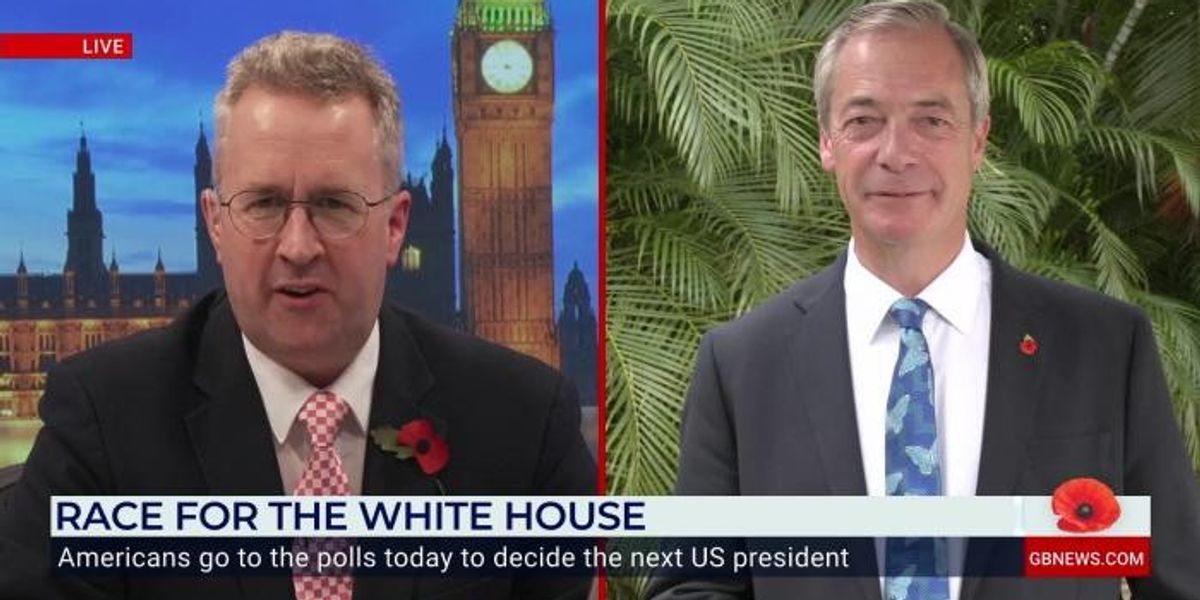Commuters face turmoil on the Tube after unions announced a fresh wave of strikes by London Underground workers.
Drivers and staff will stage walkouts over a series of disputes, triggering disruption for millions of passengers.
The RMT and the Aslef trade unions have both announced dates for industrial action.
Read on for details about the strike action:
- When were the strikes due to take place?
- Which lines will be affected?
- Why are Tube drivers going on strike?
- Is there a chance that the strikes will not go ahead?
When were the strikes due to take place?
Strikes by the RMT and Aslef unions will run on various dates from Nov 1 until Nov 12.
Nov 1-2
RMT engineering vehicles operations and maintenance staff will strike from 6pm on Nov 1 until 5.59pm on Nov 2.
Aslef engineering drivers will also not book on for 24 hours from 6pm on Nov 1.
Nov 3-4
RMT track access controllers, control centre, and power/control staff will strike from 6.59pm on Nov 3 to 6.59pm on Nov 4.
The RMT’s emergency response unit (ERU) staff will also strike all day on Nov 4.
Nov 5
The disruption will begin to ramp up as RMT drivers walkout.
RMT fleet, engineering, stations, and trains staff (except ERU and engineering vehicles operations and maintenance) will strike all day.
Nov 6-8
This is one of the most disrupted periods.
The worst days will be Thursday Nov 7, when Aslef train drivers and management grades will go on strike.
RMT signallers and service controllers will walk out from Nov 6 to Nov 8.
Nov 12
Another day when the impact of the strikes is expected to be severe. Aslef said train drivers and management grades will strike on Nov 12.
Which lines will be affected?
Transport for London said it is too soon to know exactly which lines will be impacted by the various strikes.
However, a spokesman warned that it is very unlikely there will be many services running at all on the days when drivers are on strike – namely Nov 5, 7 and 12.
TfL expects that it will still be able to operate the network on days when station staff are on strike, although some stations may be closed on those days.
It expects to have a clearer picture of how services will be affected a week or so before the strike action takes place.
Why are Tube drivers going on strike?
Aslef, the smaller of two unions representing Tube drivers, rejected an inflation-topping 3.8pc pay increase offer from Transport for London (TfL).
Finn Brennan, Aslef’s full-time organiser on London Underground, said: “We don’t want to go on strike – we don’t want to make travelling in and around the capital more difficult for passengers and we don’t want to lose a day’s pay – but we have been forced into this position because LU management won’t sit down properly and negotiate with us.
“Our members voted by over 98pc in favour of strike action, but Underground management are still refusing to even discuss key elements of our claim.
“They refuse to discuss any reduction in the working week or introducing paid meal relief to bring Underground drivers in line with those on the Elizabeth line and London Overground.”
The RMT announced its walkouts after rejecting a “wholly inadequate” pay offer.
Mick Lynch, the RMT general secretary, said: “London Underground’s pay offer falls short of what our members deserve. It threatens to remove collective bargaining for a growing portion of staff, pushing them into pay bands that are decided solely by management. This undermines our members’ rights and the core principles of fair negotiation.
“No trade union can accept any pay proposal where management decide which of our members gets a pay rise and those who do not.
“We have repeatedly urged London Underground to offer a deal that ensures all staff are covered by collective bargaining, yet management remains fixated on imposing pay structures without our agreement.
“Our members have been left with no choice but to take strike action to defend their terms and conditions.
“We remain open to negotiations, but London Underground must come back to the table with a comprehensive, consolidated offer that respects the rights of all our members. Until then, our industrial action will continue as planned.”
Is there a chance that the strikes will not go ahead?
The RMT said some progress was made in negotiations, but maintained that the current proposal left a large number of staff excluded from collective bargaining.
The RMT said around 10,000 of its members are involved in the dispute, adding that it remains ready to engage in talks but insisted that a “fair and fully consolidated” pay offer must be put forward.
Meanwhile, Aslef said its pay offer of 3.8pc, plus a variable lump sum, means Underground drivers will stay on a lower salary than drivers on other Transport for London services while working longer hours.
A Transport for London spokesman said: “It is disappointing that Aslef and the RMT have announced industrial action following our recent discussions over pay, terms and conditions.
“We have held several constructive discussions with our trade unions and, after considering their feedback, have made a revised offer with an average uplift of 4.6pc which rewards our staff for their hard work and benefits the lowest-paid staff the most.
“We are engaging with our unions in good faith, having increased our offer since talks began, and have invited our unions to meet again next week.
“Our offer is fair for our people and affordable for London, and we urge our unions to continue working with us to support London and the wider economy.”

 By The Telegraph (World News) | Created at 2024-10-29 18:11:43 | Updated at 2024-11-05 21:20:36
1 week ago
By The Telegraph (World News) | Created at 2024-10-29 18:11:43 | Updated at 2024-11-05 21:20:36
1 week ago








